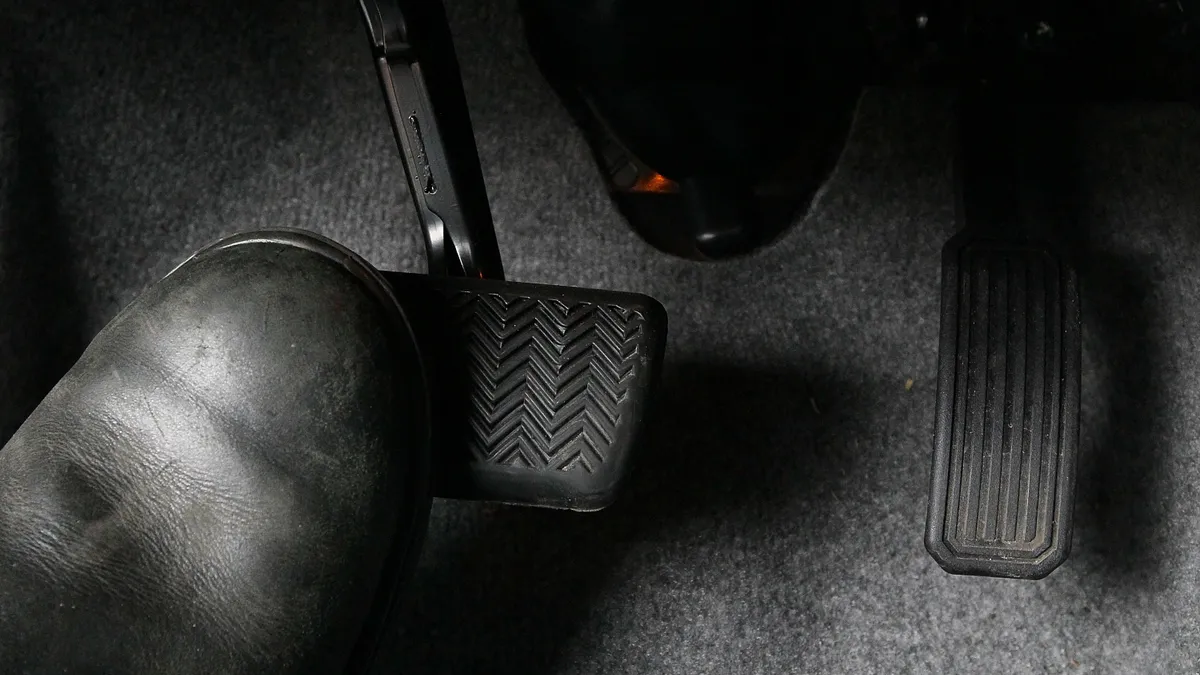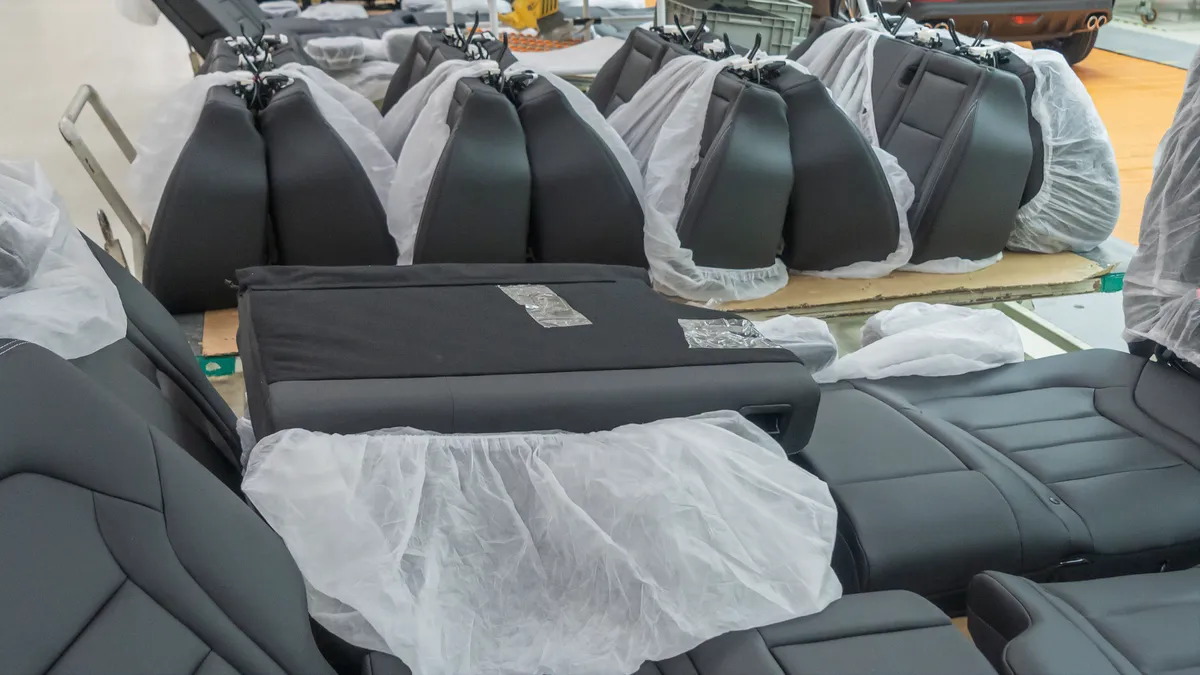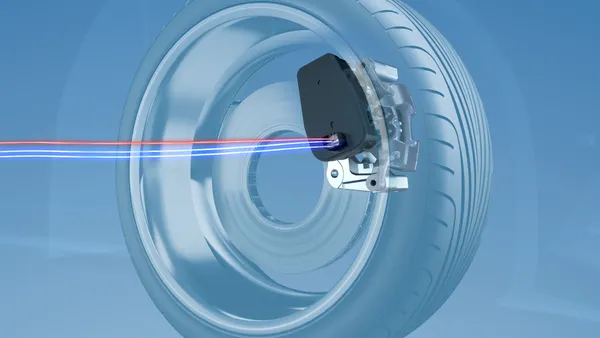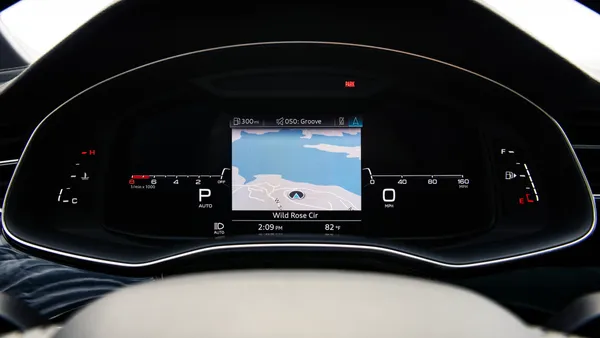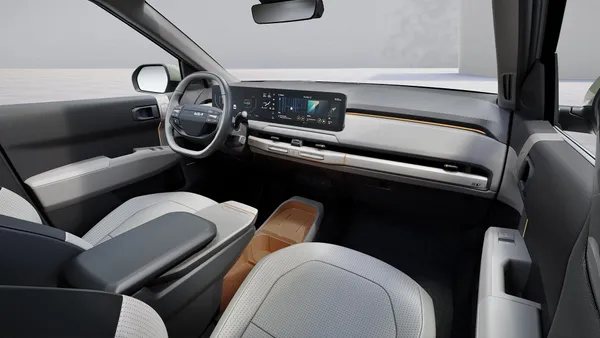Dive Brief:
- A majority of drivers in the U.S. would be open to vehicles equipped with intelligence speed assistance, according to a June survey from the Insurance Institute for Highway Safety. The in-vehicle technology aims to prevent speeding by using a vehicle’s GPS location and a speed limit database.
- ISA can be passive (warnings if drivers exceed the speed limit) or active (interventions that make speeding harder if drivers exceed the speed limit). IIHS found that more than 60% of drivers would be open to passive warnings, while about half of respondents would accept active interventions.
- “These findings are exciting because they suggest American drivers are willing to change how they drive to make our roads safer,” IIHS President David Harkey said in a press release. “The conventional wisdom has always been that speed-restricting technology would never fly in our car-centric culture.”
Dive Insight:
Each year in the U.S., more than 40,000 people are killed in car accidents and over a quarter of those vehicle deaths involve speeding, according to the National Center for Statistics and Analysis.
Although ISA adoption is limited in the U.S., the technology is more popular around the world; new cars in the European Union sold after July 2024 must be equipped with ISA. In November 2023, the National Transportation Safety Board recommended that U.S. automakers install ISA in their vehicles.
ISA technology varies by whether it passively notifies a driver with audio or visual warnings if they exceed the speed limit or if it actively employs assistive technology like accelerator resistance to reduce speeding. Some ISA technology may even automatically prevent speeding entirely.
IIHS surveyed 1,802 U.S. drivers about their acceptance of ISA based on whether the technology issued passive warnings or actively inhibited speeding. The study found that nearly 64% of respondents said they would be OK with passive warnings while about half of respondents said they would be OK with technology that actively inhibited speeding. In addition, about 70% of respondents said they would want ISA in their next vehicle if it helped reduce their insurance costs.
According to the IIHS study, about three quarters of survey respondents agreed that ISA would reduce speeding-related traffic accidents. Survey results also show that drivers would be more open to ISA if other cars had it, suggesting that federal intervention might ease the adoption of ISA in the U.S.
The IIHS suggested that some ISA features may be more amenable in the U.S., like features that are less flexible within school zones and pedestrian areas and more so on highways.
“This technology enables nuanced interventions that were never possible in the past,” Harkey said.


